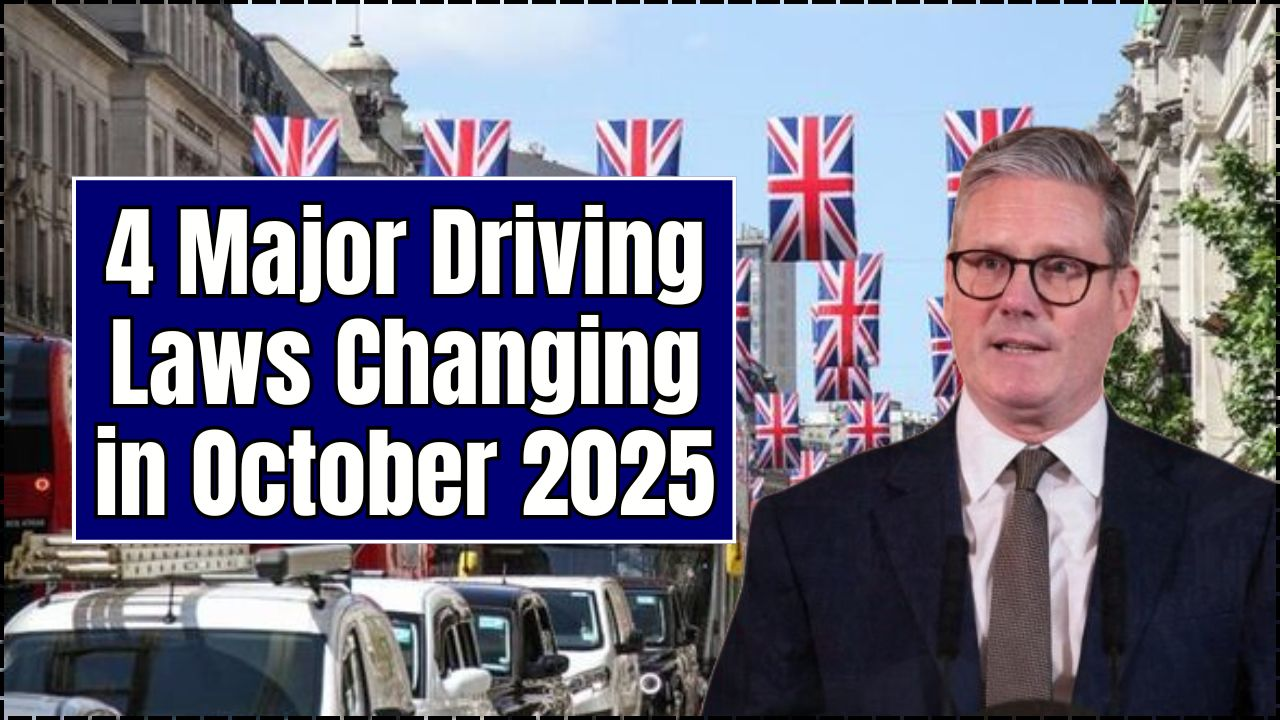As of 2025, the UK Government is responsibly reviewing the timeline for the State Pension age, which is a necessary process to ensure the long-term sustainability and fairness of support for future generations of retirees.
While the current pension age remains 66, the planned gradual increase to 67, scheduled between 2026 and 2028, is already a vital part of existing law.

This ongoing third review reflects the government’s commitment to carefully considering demographic changes and life expectancy, with the goal of providing a solid and dependable foundation for the well-being and financial security of all older citizens.
UK Retirement Age Cut to 67
| Key Fact | Detail | Source |
|---|---|---|
| Current State Pension age | 66 years for both men and women | Age UK (Age UK) |
| Planned increase to 67 | Phased over 2026–2028 | Gov.uk “Third State Pension age review” (GOV.UK) |
| Next review (2025) | Government has called for evidence until 24 October | DWP call for evidence (pensions-expert.com) |
| Weekly pension rate (2025/26) | £230.30 for new State Pension; £176.45 for basic pension | PensionsUK (pensionsuk.org.uk) |
Why the “67” Headline Is Misleading in 2025
The idea of a “UK retirement age cut to 67” has circulated in media and social media, but it misrepresents the legal timetable. The State Pension age is not being reduced — rather, it is legislated to rise under existing law.
The Pensions Act 2014 requires regular reviews of the State Pension age, taking into account life expectancy and fiscal constraints. In July 2025, the government formally launched the third review, which will feed into future decisions.
According to the government’s own terms of reference, the current legislative path remains unchanged: move from 66 to 67 (2026–2028), then from 67 to 68 (2044–2046). In short: the “cut to 67 in 2025” framing misstates both the timing and direction of change.
The Roadmap to 67 — Who’s Affected, When, and Why
Who Will See 67 as Their Pension Age?
Under current law, those born on or after 6 March 1961 will have a State Pension age of 67. Some individuals born slightly earlier may see mixed transition rules. For those born before 1961, the pension age remains 66 under current legislation.
Timeline & Phasing
- From 6 May 2026: gradual rollout of SPA = 67 begins.
- By 2028: full implementation of SPA = 67 for affected cohorts.
- Next leap to 68: currently scheduled between 2044 and 2046 for later-born cohorts.
This schedule is subject to change depending on the outcomes of the 2025 review and future political decisions.
Why Raise the Age?
The main drivers behind increasing the State Pension age include:
- Rising life expectancy: People are living longer on average, placing more strain on pension systems.
- Fiscal sustainability: The cost of pension payments is growing as the proportion of retired to working population increases.
- Workforce participation: Keeping older people in employment longer helps maintain tax revenue and social security contributions.
Analysts caution that raising the age too quickly risks difficult social consequences — for workers in physically demanding jobs or those with health constraints.
Financial Stakes — What Retirees Stand to Gain or Lose
Pension Rates & the Triple Lock
In April 2025, the full new State Pension rate was set at £230.30 per week, under the “triple lock” mechanism (the higher of inflation, average earnings growth, or 2.5%). The old basic State Pension rate (for those who qualified under earlier regimes) is £176.45 per week.
Loss from Acceleration of 68
If the timetable to raise State Pension age to 68 is moved forward (say, from 2044 to sometime in the 2030s), people currently in their 50s could lose years’ worth of pension benefits. A recent estimate suggests those aged 51–53 might see losses of up to £17,000 under certain scenarios.
Gaps in National Insurance Records
To qualify for the full new State Pension, individuals typically need 35 qualifying years of National Insurance contributions. Those with fewer years may make voluntary contributions to fill gaps — but rising SPA means fewer years to make up lost ground.
Differential Impact Across Occupations
Workers in heavy manual labor, physically demanding roles, or with health concerns may struggle to remain employed until 67. This raises concerns around fairness and inequality.
Some expert voices argue the policy shift disproportionately affects lower-income and marginalized groups, who may have shorter life expectancy or less flexibility to delay retirement.
The 2025 Review — What It Can Change
With the launch of the third State Pension age review in July 2025, the government is seeking fresh evidence on whether pension age rules are still fit for purpose. Suzy Morrissey, associated with the Pensions Policy Institute, is leading the independent report, alongside analysis by the Government Actuary’s Department.
What the Call for Evidence Asks
The call for evidence (open until 24 October 2025) invites input on:
- whether pension age should move more quickly or slowly
- how life expectancy trends should influence pension age
- the social and economic impact of increasing SPA on different sectors
- possible mechanisms like linking pension age to longevity or average working age.
Potential Outcomes & Risks
The review has the potential to:
- Confirm the existing timetable (66 → 67 → 68)
- Propose accelerating future rises, including an earlier move to 68
- Introduce flexible or tiered retirement ages, factoring in occupation or health
- Link pension age to life expectancy metrics, making the age more dynamic
Critics warn that uncertainty during the review process can cause financial insecurity for those planning retirement. Some pension industry bodies urge clear safeguards for vulnerable workers.
Related Links
Free Bus Pass Overhaul 2025: New DWP Age Rules and Eligibility Explained
Bus Pass Changes in the UK from 6th October 2025 – How It Impacts You
UK Bus Pass Eligibility Rules Change October 2025 – Full Breakdown
What Workers Should Do Now
- Check your personal SPA using the official government calculator (which may change as the review progresses).
- Audit your National Insurance record and, if feasible, fill gaps via voluntary contributions.
- Boost private pension or retirement savings to reduce sole reliance on the State Pension.
- Plan for extended working life, especially if in a physically demanding job or with health risks.
- Follow developments in the SPA review, including submissions, interim reports, and parliamentary debates.
In short, the claim “UK retirement age cut to 67 in 2025” misrepresents the existing legal framework: the State Pension age will still be 66 in 2025, with the rise to 67 scheduled for 2026–2028 under current law. The new third review may adjust future timings, but for now the shift is gradual, not immediate.












 Claim Here!
Claim Here!